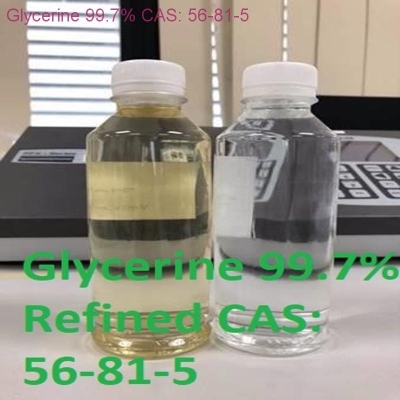-
Categories
-
Pharmaceutical Intermediates
-
Active Pharmaceutical Ingredients
-
Food Additives
- Industrial Coatings
- Agrochemicals
- Dyes and Pigments
- Surfactant
- Flavors and Fragrances
- Chemical Reagents
- Catalyst and Auxiliary
- Natural Products
- Inorganic Chemistry
-
Organic Chemistry
-
Biochemical Engineering
- Analytical Chemistry
- Cosmetic Ingredient
-
Pharmaceutical Intermediates
Promotion
ECHEMI Mall
Wholesale
Weekly Price
Exhibition
News
-
Trade Service
In most people's impression, high-fat diet will make people fat, in fact, in addition to fat, may also lead to you suffering from infertility Oh! Infertility is a public health problem affecting about 10 to 15 per cent of couples of childbearing age worldwide, and the assessment and classification of male infertility depends on the analysis of their semen, which includes three parameters, namely sperm concentration, morphology and movement.
increasing number of data suggest that lifestyle may affect fertility in men by altering the body's endocrine characteristics, sperm production and sperm function.
studies have shown that obese male mice are more likely to give birth to unhealthy offspring, and a recent study confirms that a high-fat diet affects sperm production and motor ability by affecting the gut microbiome.
researchers conducted a trial in which gut microbes from a high-fat diet (HFD) were transplanted into mice on a normal diet (ND) and found that sperm production and sperm activity in mice decreased significantly, while similar transplants in mice fed with ND did not improve significantly.
analysis of the microbiome shows a significant increase in the genus Isobacteria and Prevosis, both of which may lead to metabolic endotoxinemia in HFD-FMT mice.
Interestingly, gut microorganisms from clinical subjects showed a negative correlation between the richness of the genus mycobacteria and the genus Bacillus anthropobacteria, and a positive correlation between endotoxins in the blood and the genus Bacillus.
use of HFD microbial transplants also leads to intestinal immersion of T-cells and macrophages and a significant increase in inflamed cytokines in the appendages, suggesting that inflammation of the appendages is likely to cause damage to sperm vitality.
RNA sequencing showed significant reductions in the expression of genes involved in the division of the distribution of lite and mitochondrial function in HFD-FMT mice.
: High-quality diet mice were transplanted into normal diet mice, the researchers said.
between microbiome disorders caused by high-fat diets (HFDs) and sperm defects, elevated endotoxins, testicular gene expression disorders and local testicular inflammation are potential causes.
.







